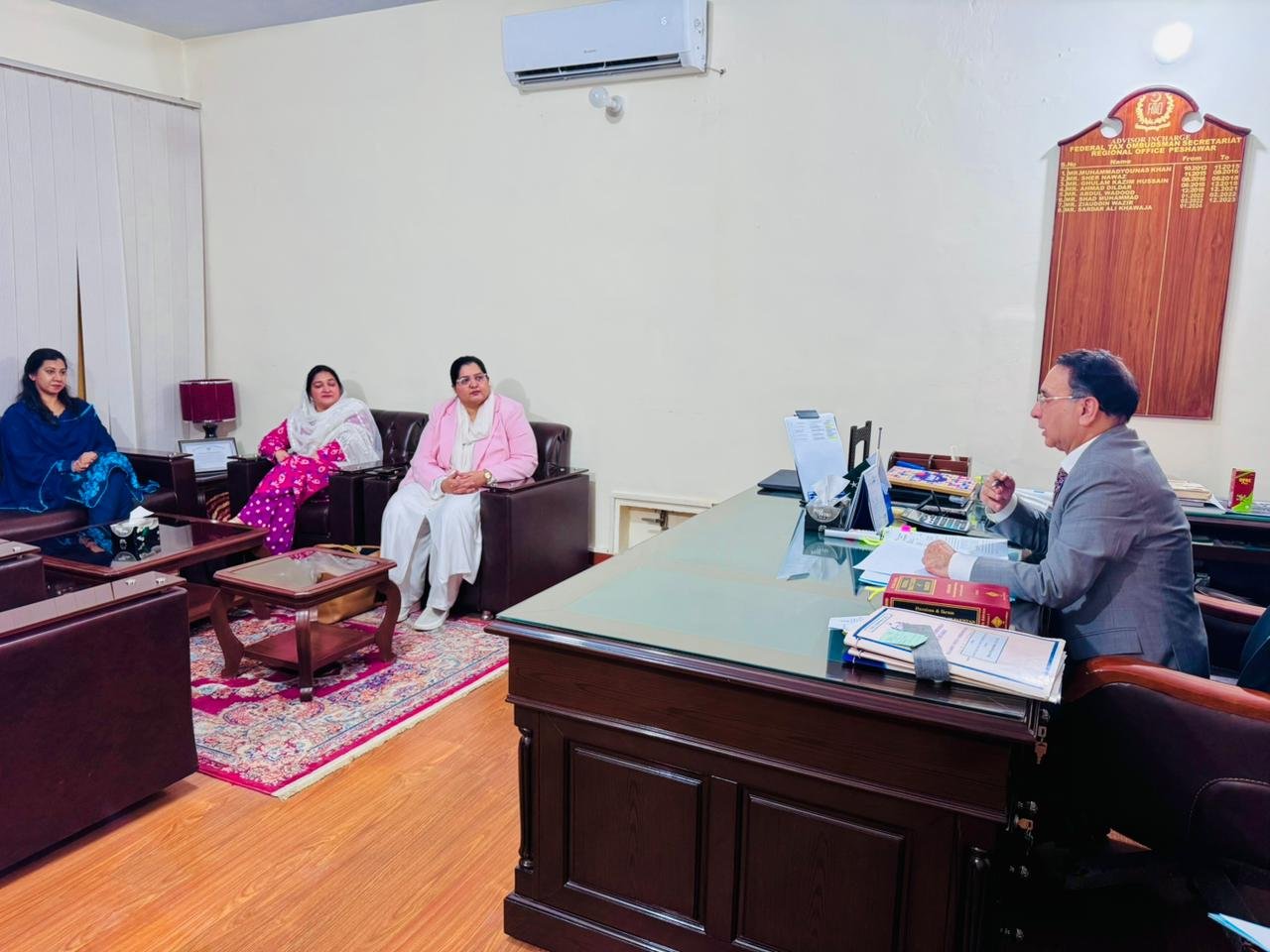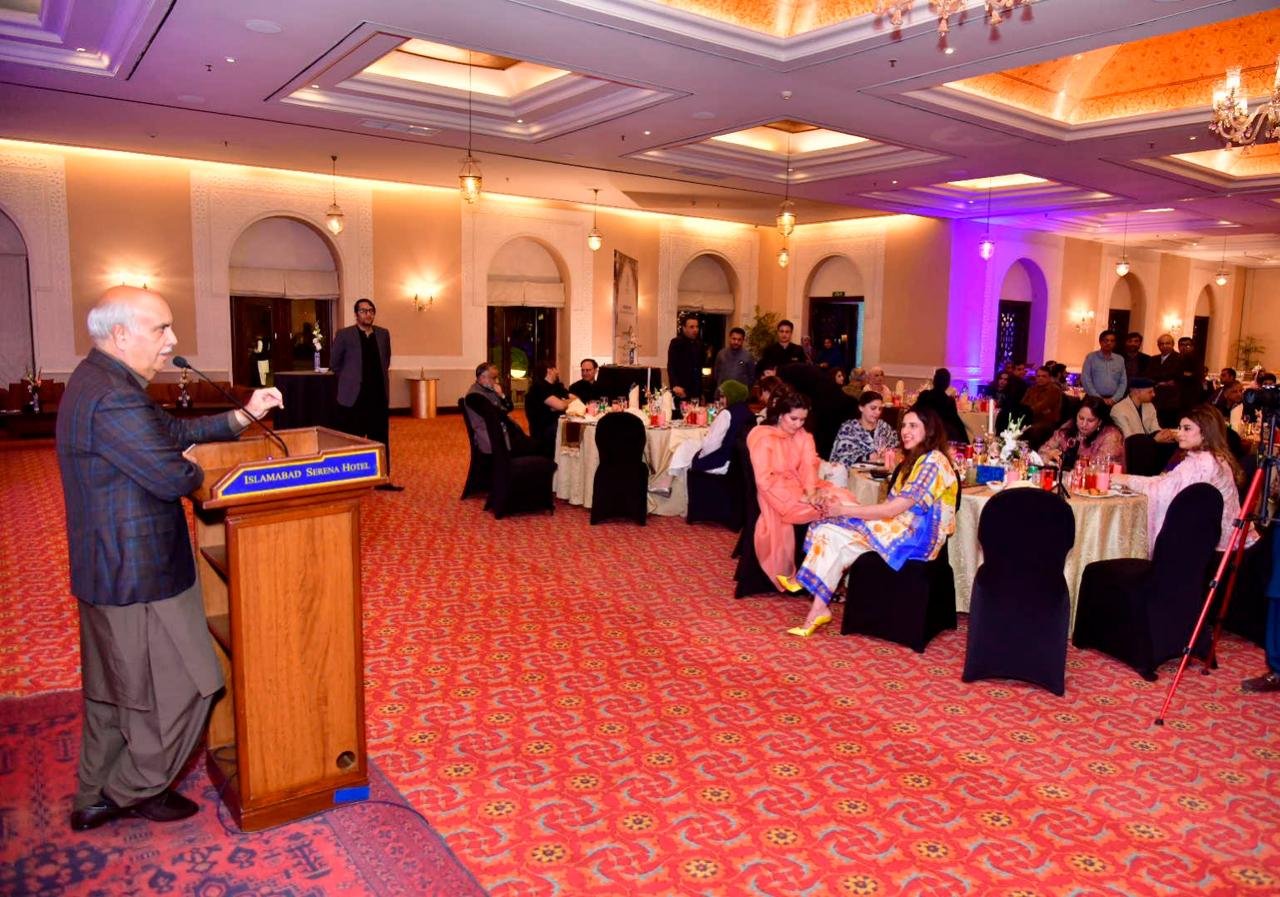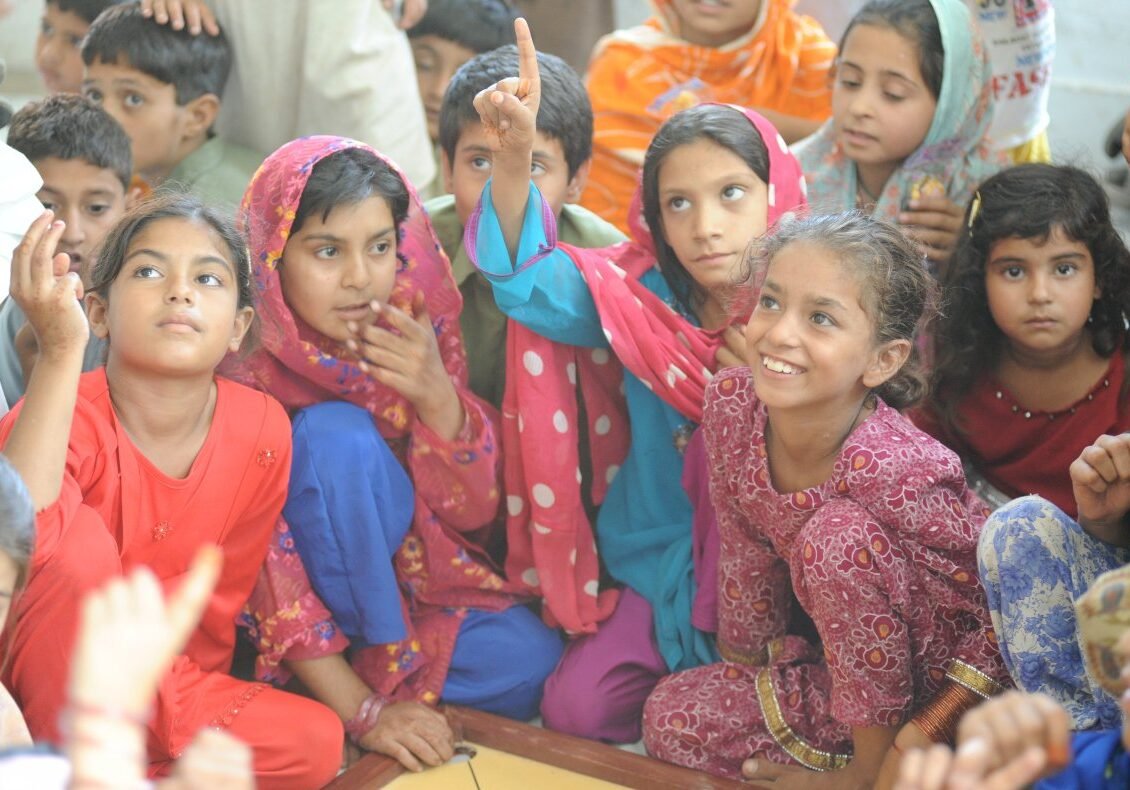
Dr. Muhammad Tayyab Khan Singhanvi, Ph.D
World Mental Health Day, observed every October, serves as a reaffirmation of humanity’s commitment to global mental health awareness. It reminds us to value mental well-being as much as physical health. Notably, this day goes beyond raising awareness against mental illness. It offers a profound reminder that mental health forms the foundation of overall human well-being. In today’s fast-paced, competitive, and pressure-filled world, this day urges us to pause and reflect. We must ask whether, amid our material pursuits, we have neglected our emotional and psychological balance.
According to the World Health Organization, mental health is not merely the absence of illness. Instead, it represents a state in which an individual realizes their abilities, copes effectively with life’s normal stresses, works productively, and contributes positively to their community. This definition underscores that mental health reflects a balanced, active, and creative way of living. Moreover, a person’s mental state profoundly influences their decisions, relationships, performance, and even physiological systems. Scientific research confirms that mental stress triggers hormonal changes, weakens the immune system, and contributes to ailments such as hypertension, diabetes, gastric disorders, and cardiovascular diseases.
The evolution of mental health awareness has a long and fascinating history. In ancient civilizations, people often attributed mental illness to supernatural forces or demonic possession. However, the Greek physician Hippocrates challenged this notion. He proposed that mental disorders stemmed from physical and chemical imbalances. During the Middle Ages, religious and social interpretations linked mental illness with sin or demonic influence. In contrast, scholars of the Islamic Golden Age—including Ibn Sina (Avicenna), Al-Razi, and Ibn al-Haytham—laid scientific foundations for understanding mental disorders. Hospitals in Baghdad, Damascus, and Cordoba established specialized wards. These institutions treated patients with music therapy, psychological observation, and dietary balance—centuries ahead of their time. Later, in the early twentieth century, psychology and psychiatry emerged as formal sciences. Thinkers such as Sigmund Freud and Carl Jung developed profound theories on consciousness, the subconscious, and human emotions. Their work opened new horizons for modern psychotherapy.
In the twenty-first century, although technology has made life more convenient, it has also created a silent crisis of mental well-being. Loneliness, anxiety, material competition, social pressure, and digital fatigue now define modern existence. Furthermore, social media comparison, unrealistic life standards, and the constant pursuit of “likes” and “followers” have entrapped young minds in an invisible web of pressure. Overwork, performance anxiety, and economic uncertainty add further strain. According to United Nations estimates, one in every eight people globally suffers from some form of mental or psychological disorder. Depression, anxiety, bipolar disorder, and schizophrenia have become alarmingly common across all age groups.
In developing countries like Pakistan, mental health remains a serious yet often neglected issue. Studies indicate that nearly 25 to 30 percent of the population experiences psychological distress. Unfortunately, many still perceive mental illness as a sign of weakness or lack of faith. This stigma discourages people from seeking help. Additionally, the country faces a severe shortage of mental health professionals. Currently, Pakistan has roughly one psychiatrist for every 200,000 individuals. To bridge this gap, collaboration among government institutions, private sectors, and NGOs is essential. Together, they must promote awareness, expand treatment facilities, and strengthen rehabilitation networks.
International research reveals that organizations prioritizing employee mental well-being experience higher productivity, creativity, and job satisfaction. In fact, the World Economic Forum estimates that stress and mental health issues cost the global economy approximately one trillion dollars annually. This loss stems from absenteeism and reduced performance. Encouragingly, many Pakistani public and private institutions have begun introducing Employee Well-being Programs. These initiatives provide counseling, recreational spaces, and emotional support for staff.
Promoting mental health requires a collective effort at individual, familial, and societal levels. Schools, colleges, and universities should organize discussions, seminars, and workshops to raise awareness. Communities must establish counseling centers where people can address issues confidentially and respectfully. Moreover, media outlets can play a crucial role by sharing real-life stories, expert opinions, and positive portrayals of recovery. Parents, teachers, and peers must recognize that mental illness is not a matter of shame. Instead, it is a treatable condition. Acts of worship, meditation, reading, and reconnecting with nature help restore inner peace and emotional stability.
The treatment of mental disorders extends beyond medication. Modern scientific studies confirm that psychotherapy—especially Cognitive Behavioral Therapy (CBT), counseling, and mindfulness—produces significant benefits. In addition, exercise, a balanced diet, quality sleep, and healthy social connections all contribute to improved mental well-being. The World Health Organization’s “Mental Health for All” campaign emphasizes the need to integrate psychological care into general healthcare systems. This approach ensures equitable access for everyone.
It is vital to acknowledge that mental health is not just an individual concern. Rather, it represents a matter of social justice, human rights, and sustainable development. A society that ignores the mental peace of its citizens cannot achieve genuine prosperity or collective growth. Therefore, we must include mental health education in school curricula, encourage organizations to adopt stress management policies, and allocate government funding to this critical sector.
Let us work together to build an environment where mental health discussions become a normal and respected part of everyday life. No one should feel the need to hide their emotions. Seeking help must be seen not as a weakness, but as a mark of strength and awareness. All those who dedicate their lives to this cause—doctors, psychologists, social workers, teachers, and volunteers—deserve the highest tribute. Their efforts help others heal, rediscover hope, and reclaim happiness.







 Today's E-Paper
Today's E-Paper